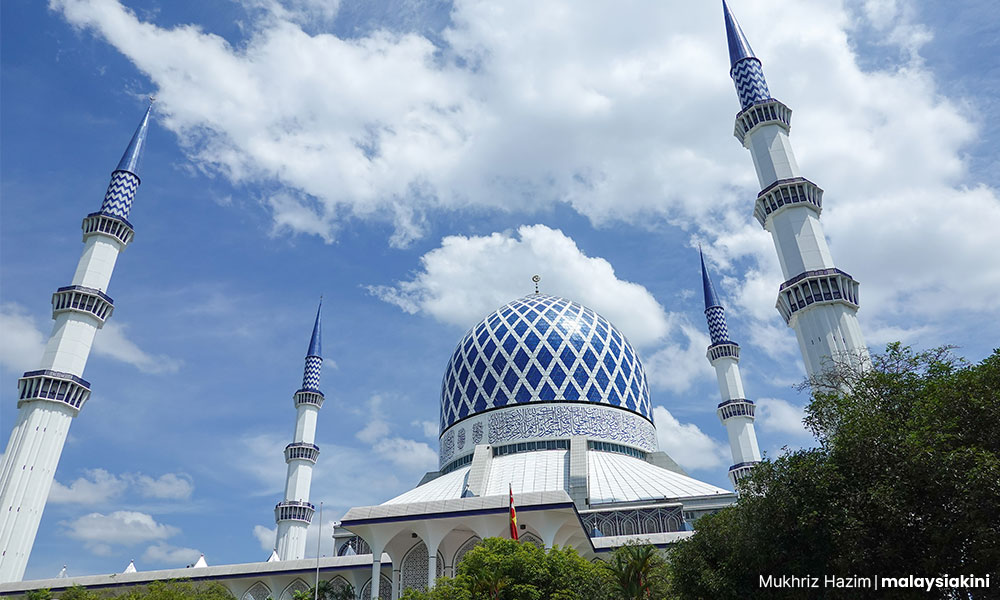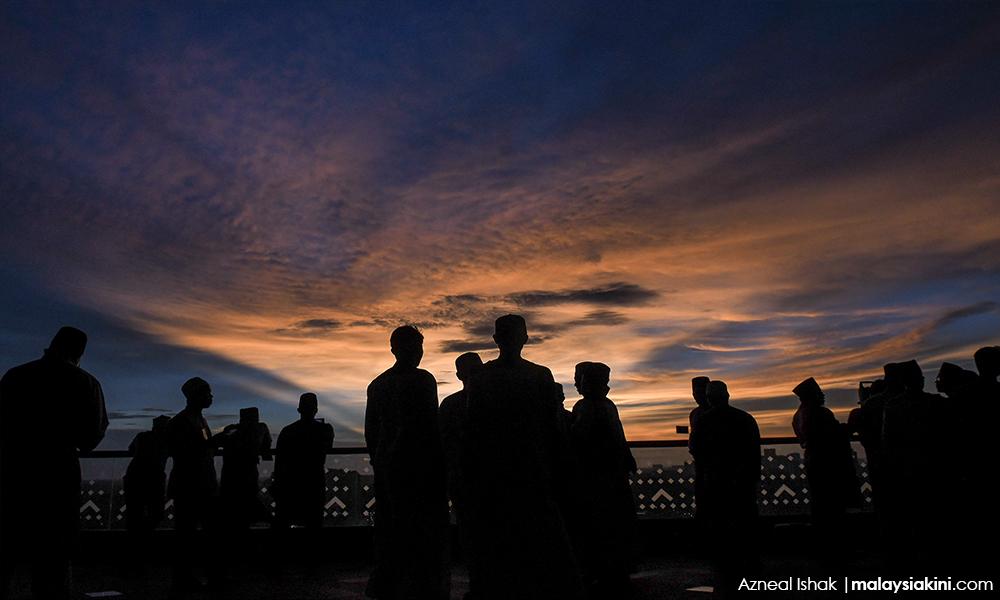The creation and role of the Islamic Development Department (Jakim) in Malaysian governance has been a subject of debate, balancing between being seen as a necessary entity for managing Islamic affairs and a force with potentially overreaching powers.
To understand its importance and the criticisms it faces, it is essential to explore the reasons behind its formation, its impact on religious governance, and the controversies that have highlighted its role in Malaysian society.
Centralising Islamic governance
Jakim was established with the primary objective of centralising Islamic governance in Malaysia. Before its formation, Islamic matters were largely under the jurisdiction of state rulers, leading to inconsistencies in religious rulings and practices across different states.
This decentralisation created challenges, particularly in ensuring that Islamic teachings and regulations were applied uniformly across the country.
The federal government, recognising the need for a more cohesive approach, established Jakim to bring Islamic governance under a central authority.
This move was also strategically aimed at countering the influence of more conservative Islamic groups, such as PAS, which often promoted a more rigid interpretation of Islam.
By centralising Islamic matters, Jakim ensures a more moderate and inclusive approach that aligns with Malaysia’s broader goals of national unity and equality.
Shield against radicalism
One of the most significant reasons Jakim is considered necessary is its role in safeguarding Malaysia from radical interpretations of Islam that could threaten social harmony.

In a country with a diverse population, maintaining a balanced and moderate interpretation of Islam is crucial to preventing sectarian conflicts and ensuring that all citizens, regardless of their religious background, feel equally represented.
Jakim’s influence extends to various aspects of daily life, from issuing halal certifications to overseeing the content of religious sermons.
While some may view this as overreach, it can also be seen as a protective measure to ensure that religious teachings in Malaysia do not veer towards extremism, which could destabilise the country’s social fabric.
‘Tengok bulan’ and other overreaches
Jakim has not been without its controversies, with critics often pointing to instances where the organisation appears to overstep its bounds.
One notable example is the controversy surrounding the sighting of the moon, or tengok bulan to determine the start of Ramadan.
Traditionally, the sighting of the moon is a community-based activity that marks the beginning of the fasting month.
However, Jakim’s involvement in standardising this practice across the country has been met with resistance by some who feel that it undermines local customs and the spiritual spontaneity of the event.
Other criticisms have been directed at Jakim’s role in regulating what is considered permissible in Islam, from banning certain books to issuing fatwa that some argue infringe on personal freedoms.

These actions have raised questions about the balance between upholding religious standards and respecting individual rights in a modern, pluralistic society.
Realigning Jakim
In light of these challenges, Prime Minister Anwar Ibrahim has an opportunity to reorient Jakim’s role within the framework of his Madani doctrine.
The Madani doctrine, which emphasises ethical governance, social justice, and inclusivity, can serve as a guiding principle for Jakim’s operations.
By aligning Jakim more closely with the principles of wasatiyyah (moderation) and the Madani doctrine, the premier can ensure that Jakim remains a force for unity and moderation rather than overreach.
Anwar’s government should steer Jakim towards a more balanced approach that upholds Islamic values while also respecting the diversity of Malaysian society.
This means not only addressing the legitimate concerns about Jakim’s overreach but also reaffirming its role in promoting a moderate, inclusive interpretation of Islam that supports the broader goals of national unity and equality.
The most Islamic solution?
Despite these controversies, many argue that Jakim remains the most Islamic solution to the challenges of governing a diverse Muslim-majority country like Malaysia.
By providing a centralised authority on Islamic matters, Jakim ensures that religious teachings are consistent, which is crucial in maintaining national unity and preventing the fragmentation of the Muslim community.

Moreover, Jakim’s role in promoting a moderate interpretation of Islam aligns with the principles of wasatiyyah, which is a key tenet in Islamic teachings.
In this sense, Jakim’s existence is not only a necessary administrative tool but also a reflection of Malaysia’s commitment to upholding the true spirit of Islam inclusively and harmoniously.
Balancing necessity and overreach
Jakim’s role in Malaysian society is a complex one, straddling the line between being a necessary institution for maintaining religious cohesion and being a body that sometimes overreaches its mandate.
While it plays a crucial role in centralising Islamic governance and protecting the country from radicalism, it also faces legitimate criticisms for some of its actions that may infringe on personal freedoms and local customs.
Ultimately, the challenge for Jakim and for Malaysia as a whole is to continue refining this balance, ensuring that the department remains a force for unity and moderation while avoiding the pitfalls of overreach.
By intertwining the Madani doctrine with the principles of wasatiyyah, and under Anwar’s leadership, Jakim can be realigned to better serve as both a necessary institution and the most Islamic solution to the complexities of governing a modern, multi-religious nation.
This realignment will ensure that Jakim continues to play a constructive role in shaping Malaysia’s religious and social landscape, in line with the values of moderation, inclusivity, and justice that are central to the Madani vision. - Mkini
TUAN MUDA is the pseudonym of Mudasir Khan, an American corporate transplant who grew up in Penang, and brings a unique blend of global insight and local expertise to the logistics industry.
The views expressed here are those of the author/contributor and do not necessarily represent the views of MMKtT.




No comments:
Post a Comment
Note: Only a member of this blog may post a comment.